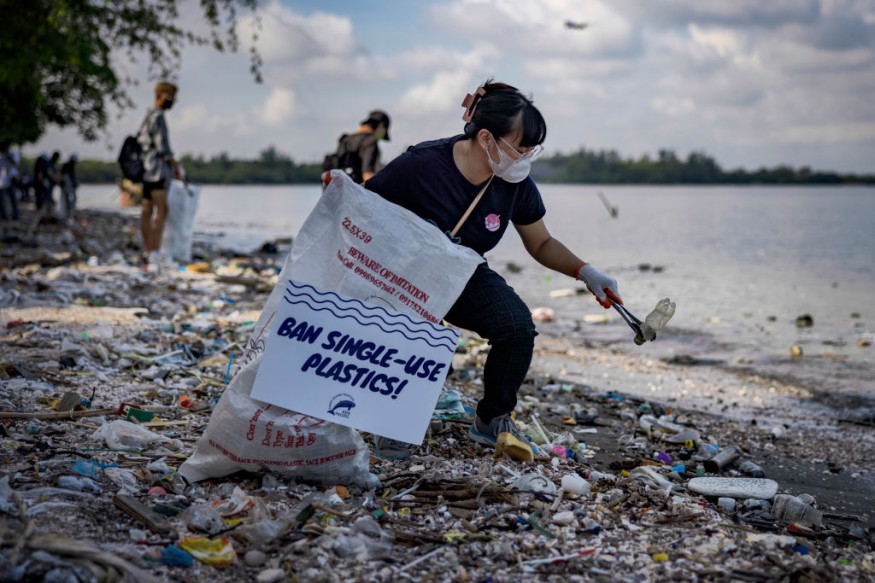
Countries negotiating a landmark treaty to combat plastic pollution have failed to reach an agreement, concluding the fifth session of talks (INC-5) in Busan, South Korea, without resolving critical issues.
Delegates from over 170 nations, meeting under the United Nations, aimed to craft a legally binding global treaty. However, deep divisions among countries forced a postponement of key decisions to the next round of talks, INC-5.2, scheduled for a later date.
Plastic Treaty Stalls Over Production Cap Disputes
The primary sticking point was the scope of the treaty, CNN reported. Over 100 countries, led by Panama and other proponents, supported capping plastic production to address the root cause of pollution.
However, a small but influential group of oil-producing nations, including Saudi Arabia, opposed production limits and focused instead on managing plastic waste. These disagreements delayed progress, with some nations accused of procedural stalling to avoid commitments.
Delegates also clashed over financing mechanisms to help developing countries implement the treaty and the inclusion of measures to address hazardous chemicals in plastics.
While negotiators made strides in defining treaty elements, UN Environment Programme Executive Director Inger Andersen acknowledged that critical divergences remain.
30M Tons of Plastic in Oceans Pressures Treaty Talks
The urgency of action was emphasized by environmental advocates and policymakers alike. Experts warn that plastic production is on track to triple by 2050, exacerbating pollution levels.
Already, over 30 million tons of plastic have leaked into oceans since negotiations began in 2022, Forbes said.
Microplastics, found in air, water, and even food, pose significant risks to human health and ecosystems.
Progress in some areas, such as captive breeding programs for Amur leopards and global efforts to increase wildlife populations, contrasts sharply with the stagnation in addressing plastic pollution.
Conservationists argue that plastic waste disproportionately impacts vulnerable communities, especially small island nations and coastal regions, which contribute little to the crisis.
Businesses are also pressing for solutions. Over 20 corporate leaders, including those from major global companies, have urged governments to adopt binding rules to curb plastic pollution. Organizations like the Ellen MacArthur Foundation stress that global regulations are crucial for enabling large-scale solutions.
Despite the setbacks, many remain committed to achieving an impactful treaty. Advocates for stricter measures caution that postponing negotiations does not delay the worsening crisis. Delegates will reconvene with hopes of bridging divides and securing a consensus to protect the planet from escalating plastic pollution.
© 2025 NatureWorldNews.com All rights reserved. Do not reproduce without permission.





